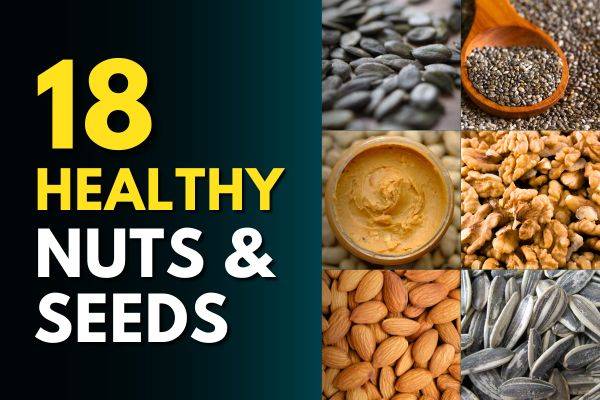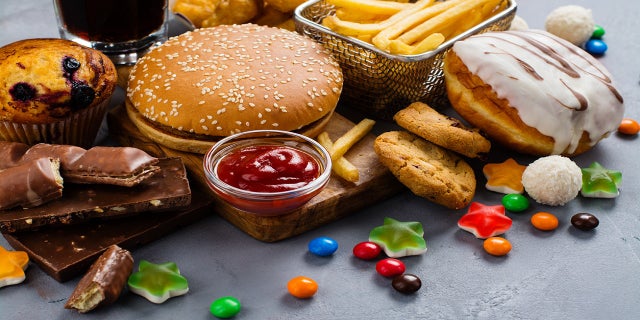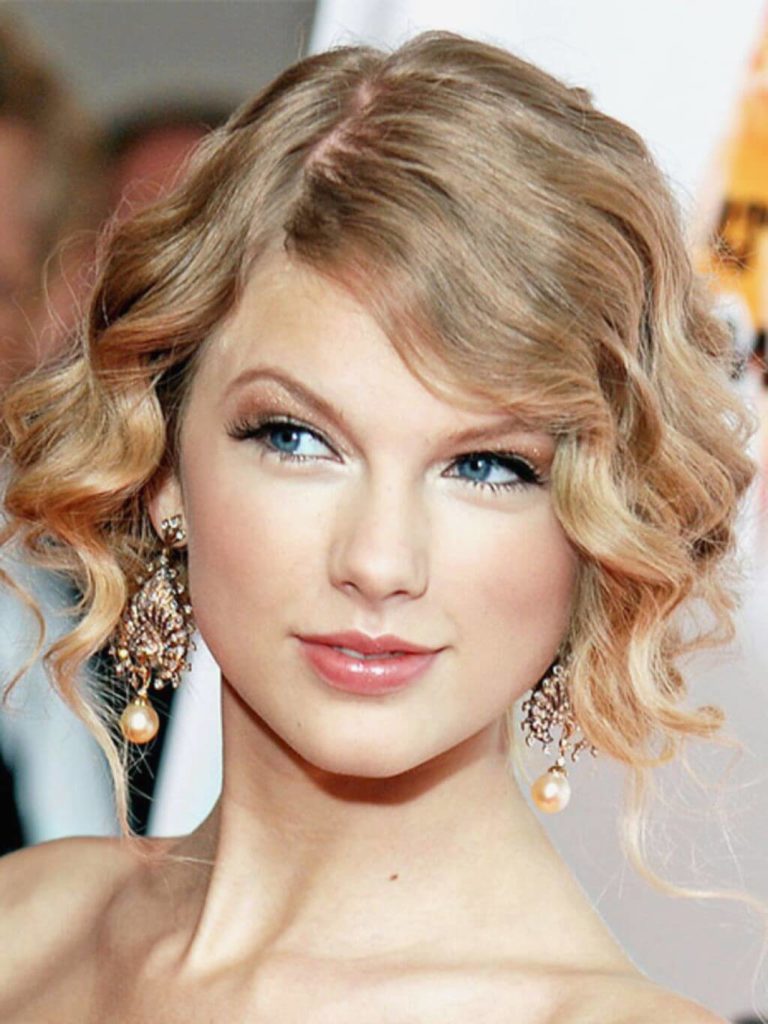The Best Diet Plan for Healthy Hair: A Complete Guide
Are you dreaming of luscious, strong, and vibrant hair? At hairy.cartlab.web.id, we understand that healthy hair starts from within. While external treatments play a role, the foundation of beautiful hair lies in a balanced and nutritious diet. This comprehensive guide will delve into the best diet plan for achieving your hair goals, exploring the essential nutrients, foods to include, and those to limit for optimal hair health. We’ll cover everything from the role of protein to the importance of micronutrients, empowering you to nourish your hair from the inside out. Get ready to unlock the secret to stunning, healthy hair!
Hair health is often overlooked, but it’s a crucial indicator of overall well-being. Many factors contribute to hair growth and strength, including genetics, hormonal balance, and stress levels. However, a significant factor that’s often underestimated is nutrition. The right diet can significantly impact hair growth, thickness, shine, and overall appearance. This guide will provide you with a clear roadmap to understand the connection between nutrition and hair health, equipping you with the knowledge to make informed dietary choices.
By following this comprehensive guide, you’ll learn how to tailor your diet to support healthy hair growth. We’ll explore specific foods rich in essential nutrients, and we’ll also address common dietary pitfalls that can negatively impact hair health. Remember, consistency is key when it comes to achieving lasting results. Let’s embark on this journey towards healthier, more vibrant hair together!

1. The Role of Protein in Healthy Hair Growth

Hair is primarily composed of a protein called keratin. Therefore, adequate protein intake is paramount for healthy hair growth. A deficiency in protein can lead to weaker, thinner hair, and even hair loss. Aim to include a variety of protein sources in your diet, such as:
- Lean meats: Chicken, turkey, fish (especially fatty fish like salmon, rich in omega-3 fatty acids beneficial for hair health).
- Eggs: An excellent source of protein and biotin, another essential nutrient for hair growth.
- Legumes: Lentils, beans, and chickpeas are plant-based protein sources that also provide fiber and other essential nutrients.
- Dairy products: Greek yogurt, cheese, and milk are good sources of protein and calcium, which supports hair follicle health.
- Nuts and seeds: Almonds, chia seeds, and flaxseeds provide protein and healthy fats.
Protein requirements vary depending on factors like age, activity level, and overall health. Consult a healthcare professional or registered dietitian to determine your individual protein needs. Remember, incorporating a variety of protein sources ensures you’re getting a complete amino acid profile, crucial for optimal keratin production. Insufficient protein intake can manifest as brittle hair, slow growth, and increased shedding.
2. Micronutrients: The Unsung Heroes of Healthy Hair

While protein is the building block of hair, several micronutrients play crucial roles in supporting healthy hair growth and preventing hair loss. These include:
- Iron: Iron deficiency is a common cause of hair loss, as iron is essential for carrying oxygen to hair follicles. Good sources include red meat, spinach, and lentils.
- Zinc: Zinc plays a vital role in hair tissue growth and repair. Oysters, pumpkin seeds, and chickpeas are excellent sources.
- Biotin (Vitamin B7): Biotin is crucial for keratin production and overall hair health. Eggs, sweet potatoes, and nuts are good sources.
- Vitamin D: Studies suggest a link between vitamin D deficiency and hair loss. Sunlight exposure and foods like fatty fish and egg yolks can help increase your vitamin D levels.
- Vitamin A: This vitamin supports sebum production, which keeps your scalp and hair moisturized. Sweet potatoes, carrots, and spinach are rich in vitamin A.
- Vitamin C: An antioxidant that protects hair follicles from damage. Citrus fruits, berries, and peppers are excellent sources.
A balanced diet rich in fruits, vegetables, and whole grains will naturally provide many of these essential micronutrients. However, if you suspect a deficiency, consult a doctor for testing and guidance. Supplementing with specific vitamins or minerals should only be done under the supervision of a healthcare professional.
3. Healthy Fats: Fueling Hair Growth and Shine

Healthy fats are not only beneficial for overall health but are also crucial for maintaining healthy hair. These fats provide essential fatty acids, which contribute to scalp health, hair hydration, and shine. Good sources of healthy fats include:
- Omega-3 fatty acids: Found in fatty fish like salmon, mackerel, and sardines, as well as flaxseeds and chia seeds. Omega-3s reduce inflammation and improve scalp health.
- Omega-6 fatty acids: Found in vegetable oils like sunflower and safflower oil, as well as nuts and seeds. A balance of omega-3 and omega-6 fatty acids is important for optimal hair health.
- Avocados: Rich in monounsaturated fats and other nutrients beneficial for hair.
Incorporating healthy fats into your diet can help improve the overall condition of your hair, making it less prone to breakage and dryness. A diet lacking in healthy fats can lead to dry, brittle hair and a dull appearance.
4. Hydration: The Unsung Hero of Hair Health

Just as our bodies need water to function optimally, our hair needs hydration to thrive. Water is essential for transporting nutrients to the hair follicles and keeping the scalp moisturized. Dehydration can lead to dry, brittle hair and increased hair breakage. Aim to drink plenty of water throughout the day. The recommended daily intake varies depending on individual factors, but generally, aiming for at least eight glasses is a good starting point.
Consider incorporating hydrating foods into your diet as well, such as:
- Watermelon: High in water content and rich in vitamins.
- Cucumbers: Another hydrating vegetable that adds nutrients to your diet.
- Leafy greens: Packed with nutrients and contribute to overall hydration.
Adequate hydration is often overlooked, yet it plays a crucial role in maintaining healthy, vibrant hair.
5. Foods to Limit for Healthy Hair

While focusing on nutrient-rich foods is essential, it’s equally important to limit certain foods and beverages that can negatively impact hair health:
- Processed foods: These are often low in nutrients and high in unhealthy fats and sugars, which can contribute to inflammation and hinder hair growth.
- Sugary drinks: Excessive sugar intake can lead to inflammation and hormonal imbalances, potentially affecting hair health.
- Excessive alcohol: Alcohol can dehydrate the body and interfere with nutrient absorption, negatively impacting hair growth.
Moderation is key. Enjoy these items occasionally, but prioritize a diet rich in whole, unprocessed foods for optimal hair health. For more inspiration on styling your beautiful, healthy hair, check out our article on The Best 10 Hairstyles for Oval Face Shapes. And if you’re thinking of a change, you might be interested in The Best Blonde Shades for 2024.
Remember, a healthy lifestyle goes beyond just diet. Regular exercise, stress management, and adequate sleep are also crucial for overall well-being and healthy hair growth. If you are concerned about hair loss or significant changes in your hair’s health, consult a dermatologist or healthcare professional for a proper diagnosis and treatment plan. For some timeless styling options that enhance healthy hair, explore The Best Long Hairstyles for a Timeless Look.
Conclusion:
Achieving the best diet plan for healthy hair requires a holistic approach that focuses on consuming nutrient-rich foods and limiting those that can negatively impact hair health. By incorporating plenty of protein, micronutrients, and healthy fats into your diet, while staying well-hydrated and avoiding processed foods and excessive sugar and alcohol, you can significantly improve the overall health and appearance of your hair. Remember, consistency is key. Embrace this journey towards healthier, more vibrant hair! Learn more and discover personalized tips by visiting our comprehensive guide: The Best Diet Plan for Healthy Hair: A Complete Guide
(External Authority Links - replace with actual links to reputable sources like the NIH or Harvard Health Publishing)
- [Link to a reputable source on the role of protein in hair growth]
- [Link to a reputable source on the importance of micronutrients for hair health]
- [Link to a reputable source on the effects of dehydration on hair]
(Note: Remember to replace the bracketed image placeholders with actual images.)









Comments